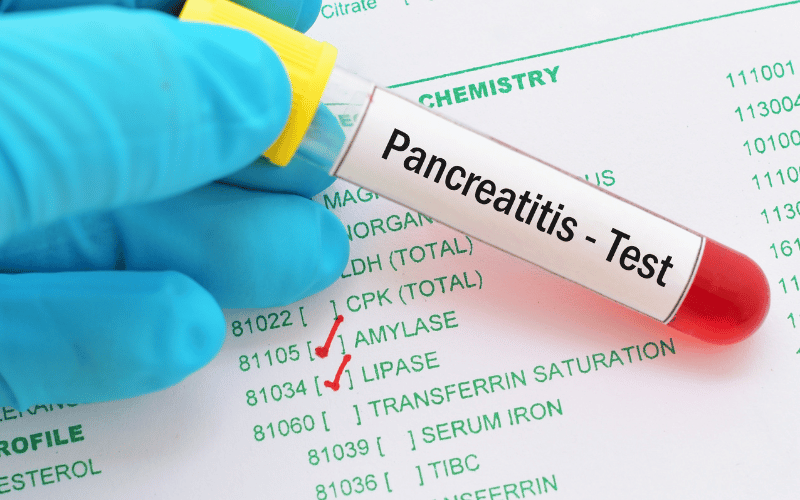Introduction: Setting the Stage for Understanding Hereditary Pancreatitis
Hereditary Pancreatitis (HP) is a condition that often flies under the radar, yet its impact on those affected is anything but subtle. With genetic roots and a variety of symptoms, it presents a complex puzzle that demands careful attention and a thorough understanding.

HP is not a condition that stands alone; it’s intertwined with a variety of symptoms and potential complications, making it a multi-faceted challenge for both patients and healthcare providers. The pancreas, a small but mighty organ, finds itself at the epicenter of this condition, with its normal functions disrupted, leading to a cascade of symptoms that can range from mild to severe. The journey through HP is a unique one for each individual, marked by episodes of pain, digestive difficulties, and a constant search for balance and relief. The symptoms are not just physical; they carry emotional and psychological weight, impacting quality of life and daily functioning.
Understanding HP requires a deep dive into its symptoms, a critical step in managing the condition and mitigating its impact. It’s about connecting the dots, recognizing patterns, and being armed with the knowledge to advocate for oneself in the complex world of healthcare. As we explore the 10 symptoms of Hereditary Pancreatitis, remember that knowledge is a powerful tool. It’s the key to unlocking a better understanding of HP, empowering you to navigate this condition with confidence and resilience.
Symptom 1: Recurrent Pancreatic Attacks

Recurrent pancreatic attacks stand as one of the most evident and agonizing symptoms of Hereditary Pancreatitis (HP). These episodes are characterized by severe abdominal pain, often radiating to the back, creating a sense of unrelenting discomfort. The pain is usually centered in the upper abdomen, reflecting the location of the pancreas. Individuals experiencing these attacks find themselves grappling with pain that can last for several hours, and in some cases, even days.
The nature of these attacks is episodic, with periods of remission in between. However, the frequency and intensity of the attacks can vary significantly from person to person. For some, the episodes might be few and far between, while for others, they can be a frequent and disruptive part of daily life. During an attack, the affected individual might also experience nausea, vomiting, and a fever, adding to the overall discomfort and severity of the situation.
It’s crucial to understand that these recurrent attacks are a direct result of inflammation in the pancreas. The inflammation leads to a swelling of the pancreatic tissue, and in severe cases, can result in the death of pancreatic cells. This inflammation and cell death can lead to scarring of the pancreas, which in turn, can contribute to the chronic aspect of the disease.
The triggers for these attacks can vary, with some individuals finding that certain foods or activities can prompt an episode. Others might find that their attacks seem to occur without any apparent trigger. Regardless of the triggers, managing these recurrent attacks is a critical component of living with HP, often requiring a combination of medication, lifestyle adjustments, and in some cases, hospitalization.
In sum, recurrent pancreatic attacks serve as a stark reminder of the turbulent nature of Hereditary Pancreatitis. They underscore the importance of vigilant management and prompt medical attention, ensuring that each individual affected by this condition is equipped to navigate their journey with resilience and strength. (1)